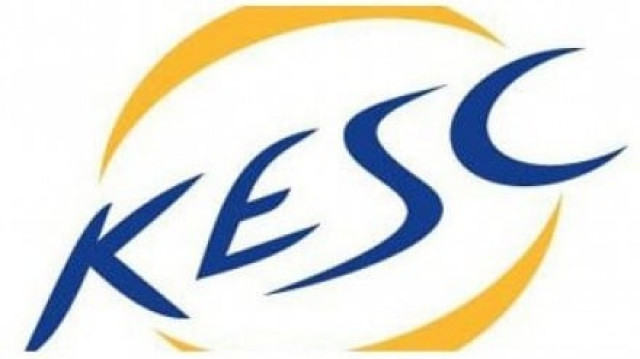Nepra petition: KESC learns what goes up, still stays down
Increase of one paisa can not be added to bills due to stay order from Sindh High Court.

Nepra petition: KESC learns what goes up, still stays down
On Tuesday, Nepra approved KESC’s petition for a Rs0.96 increase in its tariff. “There are no hidden charges in the recent increase in tariff,” stressed KESC spokesman Aamir Abbasi while talking to The Express Tribune. “It is Nepra that decided the hike in conjunction with the consumption of furnace oil to produce electricity.”
KESC has been receiving less gas which is why it has been using more furnace oil. It costs KESC Rs13 per unit to make electricity from furnace oil. But gas costs it Rs4.5 and is thus the cheaper alternative. A majority of KESC’s plants are gas dependent but gas load shedding has created problems.
In a statement issued on Tuesday, KESC said that it received 90 MMCFD (average) gas during the last three days but its winter requirement is at least 110 MMCFD. “We are now forced to start industrial loadshedding from this evening (Tuesday), until the gas supply goes back to normal,” said the spokesman.
KESC has announced four hours of load shedding spells for each feeder in industrial areas till midnight, when the schedule would be reviewed according to the gas supply position at that time. The industrial feeders have generally been divided into two groups, one belonging to Korangi and the other to SITE. The first group will see load shedding from 4:00 pm to 8:00 pm while in the other group the timing would be from 6:00 pm to 10:00 pm. The industrial load shedding would continue till the gas supply to KESC is restored.
Although KESC has never received a full supply of gas as per its approved quota of 276 MMCFD, its minimum winter requirement is even less than half of this quota, that is, 110 MMCFD. During such emergencies, KESC always maximizes burning of furnace oil.
Published in The Express Tribune, February 2nd, 2011.



















COMMENTS
Comments are moderated and generally will be posted if they are on-topic and not abusive.
For more information, please see our Comments FAQ